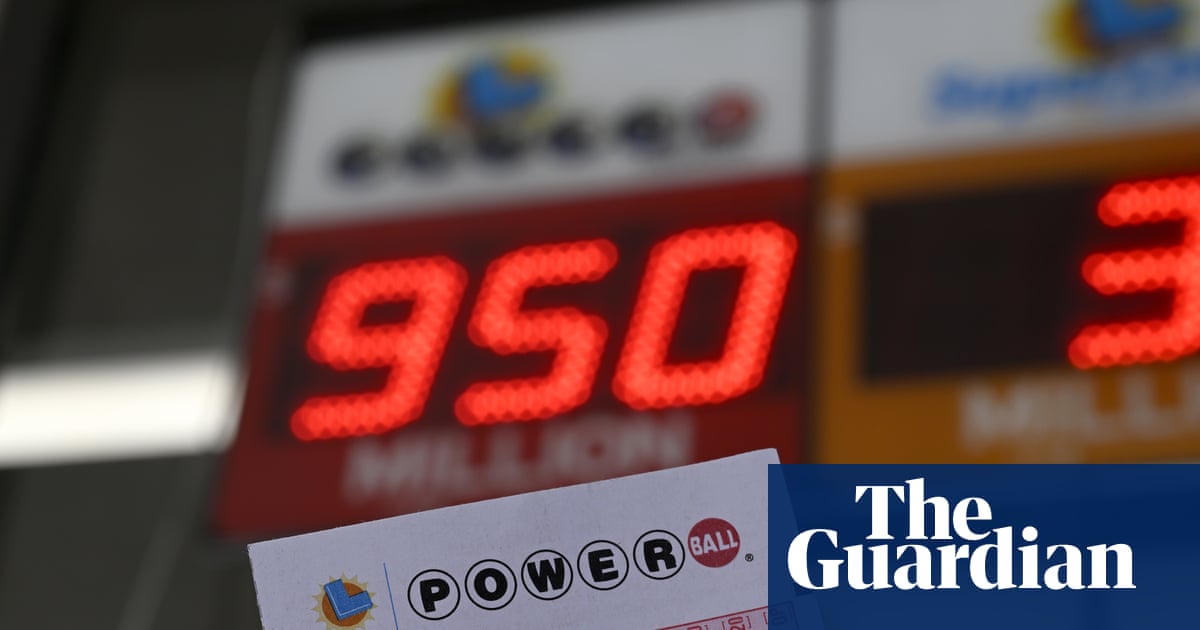Powerball's $1.8 Billion Jackpot Split Between Missouri and Texas Winners
Powerball's $1.8 billion jackpot was split by two winning tickets sold in Missouri and Texas, offering winners a choice of annuitized or lump sum payment.
Subscribe to unlock this story
We really don't like cutting you off, but you've reached your monthly limit. At just $5/month, subscriptions are how we keep this project going. Start your free 7-day trial today!
Get StartedHave an account? Sign in
Overview
- Two winning tickets successfully claimed Powerball's massive $1.8 billion jackpot, ending a streak of 41 consecutive drawings without a top prize winner.
- The two record-setting tickets were sold in Missouri and Texas, with the Texas winner purchasing their ticket at a gas station-convenience store in Fredericksburg.
- Each winning ticket holder can choose between an annuitized prize of $893.5 million or a one-time lump sum payment totaling $410.3 million.
- The winning numbers drawn were 11, 23, 44, 61, 62, with Powerball 17, overcoming the game's challenging odds of 1 in 292.2 million.
- This $1.8 billion prize marks the second-largest U.S. lottery jackpot ever, following the $2.04 billion won in California in November 2022.
Report issue

Read both sides in 5 minutes each day
Analysis
Center-leaning sources cover this story neutrally, focusing on presenting factual information about the largest lottery wins in each state. They avoid loaded language or biased perspectives, instead offering a straightforward compilation of record-breaking jackpots and winner details. The coverage consistently reports on the magnitude of the prizes and the circumstances of the wins without editorializing.
Articles (3)
Center (1)
FAQ
The two winning Powerball tickets were sold in Missouri and Texas, with the Texas ticket purchased at a gas station-convenience store in Fredericksburg.
Each winning ticket holder can choose between an annuitized prize of $893.5 million paid over 30 years or a one-time lump sum payment of $410.3 million, both before taxes.
This $1.8 billion prize is the second-largest U.S. lottery jackpot ever won, following the record $2.04 billion Powerball jackpot won in California in November 2022.
The winning numbers were white balls 11, 23, 44, 61, 62, and the red Powerball 17 with a Power Play multiplier of 2.
Funds raised from Powerball lotteries often go toward state education departments for programs like the arts, vocational training, and responsible gambling initiatives, but critics argue they disproportionately burden lower-income and minority communities.
History
- This story does not have any previous versions.


